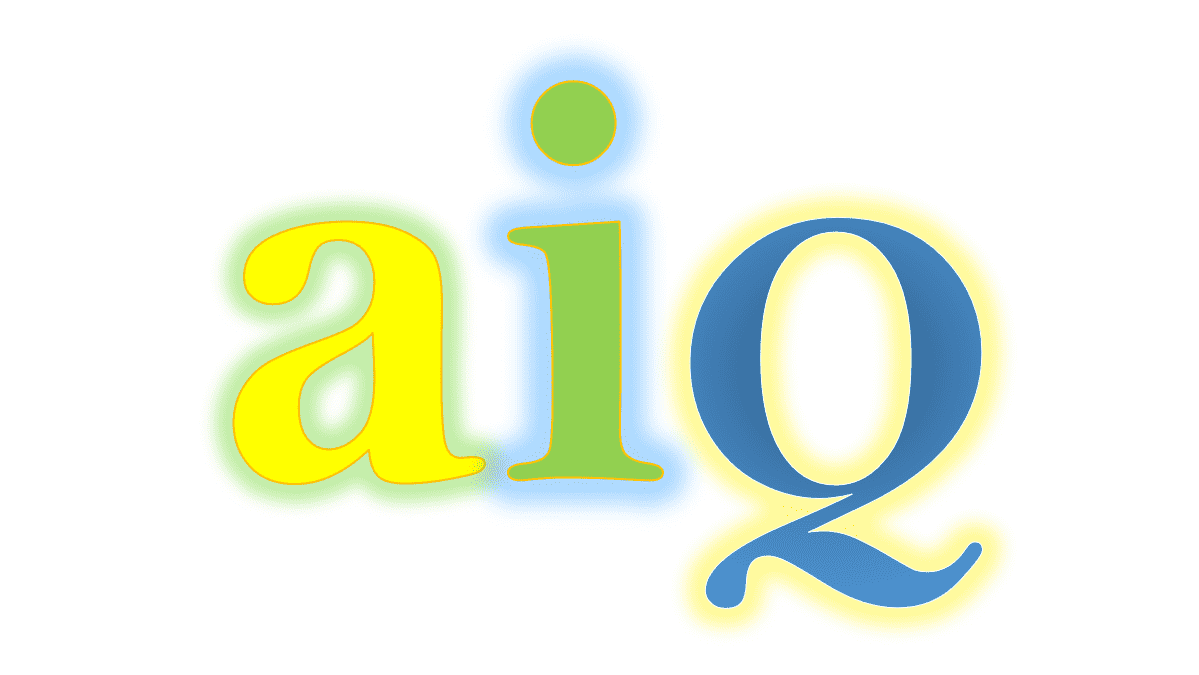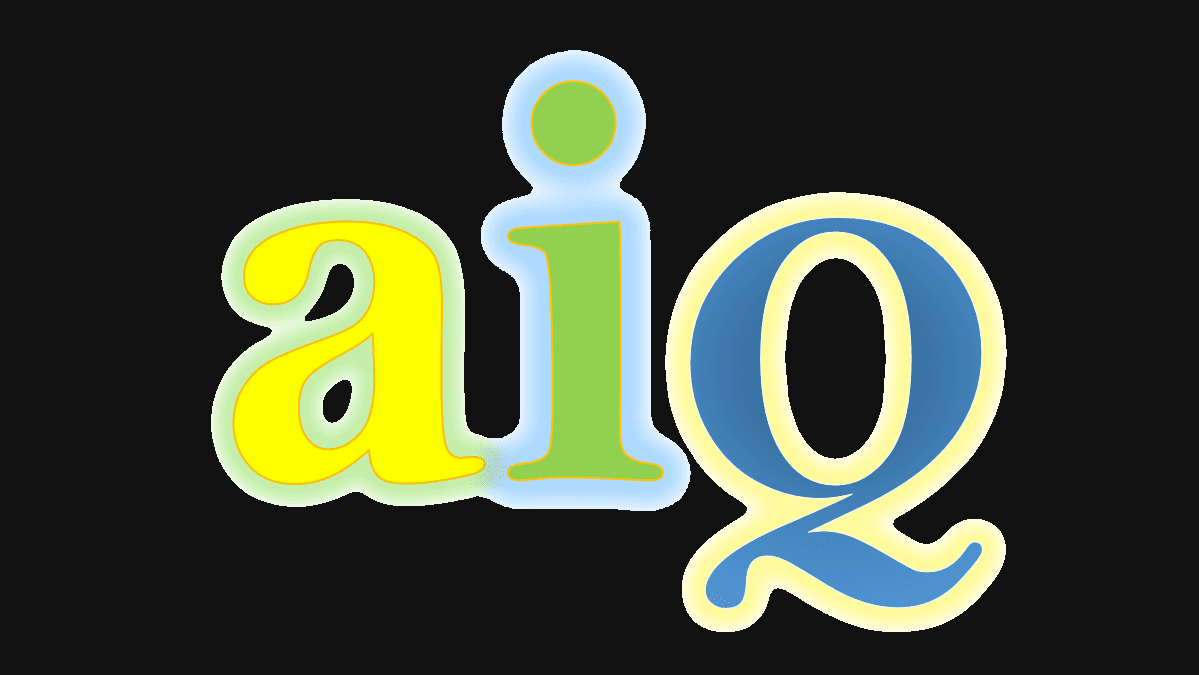Struggling with that essay assignment? You’re not alone. GPT-3, a revolutionary artificial intelligence tool, can generate human-like text, including essays! This blog post will guide you through how this technology works and its potential benefits for your academic writing.
Let’s dive right in!
Key Takeaways
- GPT-3 is an AI tool that can generate human-like text, including essays.
- It uses language patterns learned from a large set of data to write text.
- GPT – 3 has potential benefits in education, such as helping with essay assignments and providing personalized feedback.
- However, there are concerns about the impact on teachers and the development of critical thinking and writing skills.
Understanding GPT-3 Technology

GPT-3 is a type of AI. Its full name is Generative Pre-trained Transformer 3. It works by learning language patterns from a big set of data. Then, it can use these patterns to write text.
This text could be an answer to a question or even an essay!
The magic behind GPT-3 lies in its design. It uses something called transformer architecture. The focus here is on the word “pre-trained”. The model learns all it can before seeing any real tasks.
And that’s how GPT-3 gets really good at using words and phrases like a human would!
Incorporating GPT-3 in Education

Teachers can use GPT-3 in many ways. Here are some:
- Teachers can sign up for GPT – 3 online.
- They then learn about its uses in the classroom.
- GPT – 3 can help with essay assignments.
- The tool tracks data about student’s school work.
- It notes a student’s likes, strengths, and areas to work on.
- Writing firms use this tool to help with tasks and tests.
- The tool gives feedback that is special for each student.
- Some people worry about what this means for teachers.
- Others ask if the work of students will stay true and real.
Benefits and Limitations of AI Essay Writing
The benefits and limitations of AI essay writing are multifaceted. AI tools like GPT-3 have the potential to revolutionize the way we approach academic writing; however, they come with their own set of challenges. Let’s delve into the specifics:
| BENEFITS | LIMITATIONS |
|---|---|
| GPT-3 can create detailed outlines, potentially jump-starting the essay writing process. | Despite its proficiency, AI lacks a logical understanding, which can limit its commercial functionality. |
| AI writing tools can help in reducing costs otherwise spent on hiring content writers. | The risk of ‘hallucinations’ or the generation of nonsensical or irrelevant content is a significant limitation with AI models like GPT-3. |
| Some AI tools, when given just a few keywords, can generate whole pieces of content, making them incredibly efficient. | For students and educators, using AI-generated essays may end up discouraging the development of critical thinking and writing skills. |
| For those suffering from a writer’s block, AI can serve as a co-writer, providing inspiration, ideas, and research. | AI-generated essays, despite their complexity, can lack the personal touch, creativity, and unique perspectives that come with human-authored essays. |
| There are AI tools capable of producing compelling university-level essays, improving quality and accessibility of academic work. | A critical limitation is AI’s inability to fully understand a topic in the same way a human does, leading to possible misinformation or inaccuracies. |
Ethical Considerations of AI-generated Essays
AI-generated essays raise important ethical considerations. One concern is that relying on AI for essay writing may discourage students from developing their own writing skills and creativity.
Instead of using their own thoughts and ideas, students may simply rely on the AI to generate their essays. This undermines the learning process and hampers critical thinking.
Another ethical challenge is the potential for cheating. With the rise of automated text generation (ATG) tools like ChatGPT, there are concerns that students could use these tools to plagiarize or submit work that they didn’t personally write.
This poses a threat to academic integrity.
Furthermore, there are limitations to AI-generated essays when it comes to critical reasoning and fact-checking. While the AI models can assist in writing essays, they may not always provide accurate information or logical arguments.
Students need to learn how to critically analyze information and verify facts themselves.
Overall, while AI technology has its benefits in essay writing, it’s crucial for educators and institutions to carefully consider the ethical implications associated with its use.
Exploring the Educational Impact of GPT-3
GPT-3, a powerful language model, has the ability to write student essays and help improve them. This technology can analyze and provide feedback on various types of writing, such as reports and speeches.
However, its use in education requires educators to adapt their teaching methods. Large language models like GPT-3 have the potential to transform science, society, and education. It is important for educators and policymakers to carefully consider the implications and limitations of using GPT-3 in schools.
Conclusion and Future Implications
In conclusion, GPT-3 is a powerful tool that has the ability to generate realistic text, including essays and academic papers. While it offers great potential for enhancing education and writing skills, there are also ethical considerations that need to be addressed.
As we move forward with this technology, it will be important to carefully navigate its use in order to maximize its benefits while minimizing any negative impacts. The future implications of GPT-3 in education are both exciting and challenging as we strive to find the right balance between human creativity and AI assistance.
FAQs
What is Gpt3 Essay?
Gpt3 Essay is an artificial intelligence language model developed by OpenAI that can generate human-like essays and written content.
How does Gpt3 Essay work?
Gpt3 Essay works by analyzing vast amounts of text data and using deep learning algorithms to understand patterns and context. It then generates coherent and relevant essays based on the given input or prompt.
Can Gpt3 Essay write an essay on any topic?
Yes, Gpt3 Essay has the capability to write essays on a wide range of topics due to its extensive training on diverse datasets. However, it may perform better in certain areas where it has received more specialized training.
Is the content generated by Gpt3 Essay reliable for academic purposes?
The reliability of the content generated by GPT-essay depends on several factors such as the quality of initial prompts, post-editing, and verification processes followed. It’s important to carefully review and validate the information provided before using it for academic purposes








